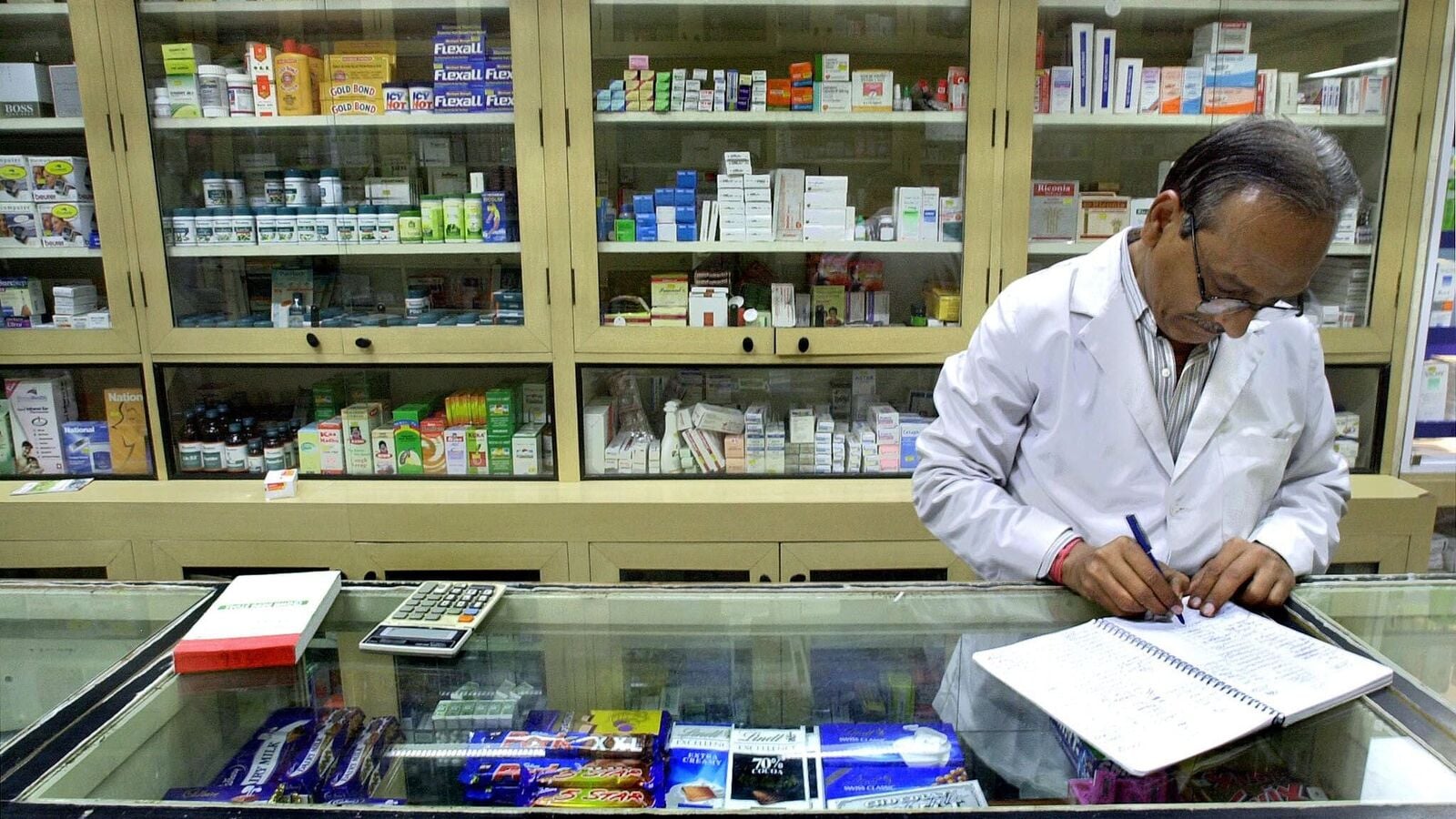QR codes could be made mandatory for vaccines, cancer drugs and antibiotics to prevent the supply of counterfeits.
These QR codes will validate the authenticity of the medicines as the scans will show the name and address of the manufacturer, batch number, date of manufacture, expiry date and manufacturing license number, among other details.
The plan follows a decision last year by India’s top drug regulator to strictly implement barcodes or QR codes on 300 common drug brands such as Allegra, Shelcal, Calpol, Dolo and Meftal Spas.
QR code to check the quality of medicines
“The display of QR codes on vaccines, cancer drugs and antibiotics was discussed during the Drugs Technical Advisory Board (DTAB) meeting held last week. The plan is to implement this initiative in a phased manner. This is an important task to keep a check on the quality of medicines in the country and ensure patient safety,” said an official aware of the matter.
In addition, the top drug regulator has ordered strict enforcement of existing regulations, including Schedule H1, the official said.
Under the Drugs Regulations 1945, vaccines, anti-cancer drugs and antibiotics are included in Schedule H. These are “high-end drugs” that cannot be sold without a prescription.
Market size
CRISIL Market Intelligence and Analytics says the domestic vaccine market size stood at approximately Rs. 1,730 crore for FY24.
When it comes to cancer drugs, India is experiencing a surge in demand for affordable medicines, largely due to extensive government initiatives to improve access to healthcare. The oncology drugs market size in India was $1.83 billion in 2024 and is expected to reach $2.62 billion by 2029, according to Statista, a global data and business intelligence platform.
Industry players said the rising demand for vaccines in India is driven by a growing population, increased healthcare awareness and government efforts to increase immunization coverage.
Dr Santy Sajan, Group COO, Paras Health, said: “This ground-breaking move will have a significant impact on the pharmaceutical industry by enhancing transparency, improving traceability and ensuring the authenticity of these critical products. For the government, this system will streamline regulatory oversight, reduce counterfeit risks and ultimately protect public health.”
He said the vaccine market is projected to grow by 5.63% annually between 2024 and 2029, reaching $1.31 billion in 2029. By 2030, the Indian oncology drugs market is expected to reach a value of $10.6 billion.
Queries sent to the Union Ministry of Health remained unanswered.
Disclaimer:
The information contained in this post is for general information purposes only. We make no representations or warranties of any kind, express or implied, about the completeness, accuracy, reliability, suitability or availability with respect to the website or the information, products, services, or related graphics contained on the post for any purpose.
We respect the intellectual property rights of content creators. If you are the owner of any material featured on our website and have concerns about its use, please contact us. We are committed to addressing any copyright issues promptly and will remove any material within 2 days of receiving a request from the rightful owner.

